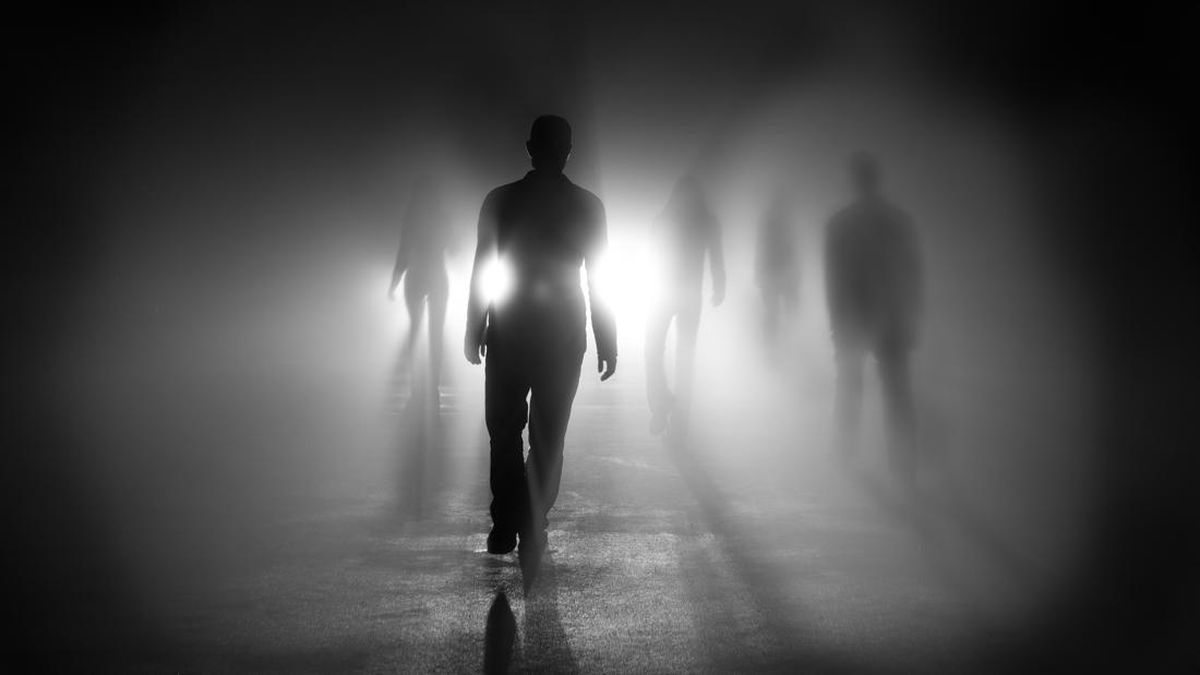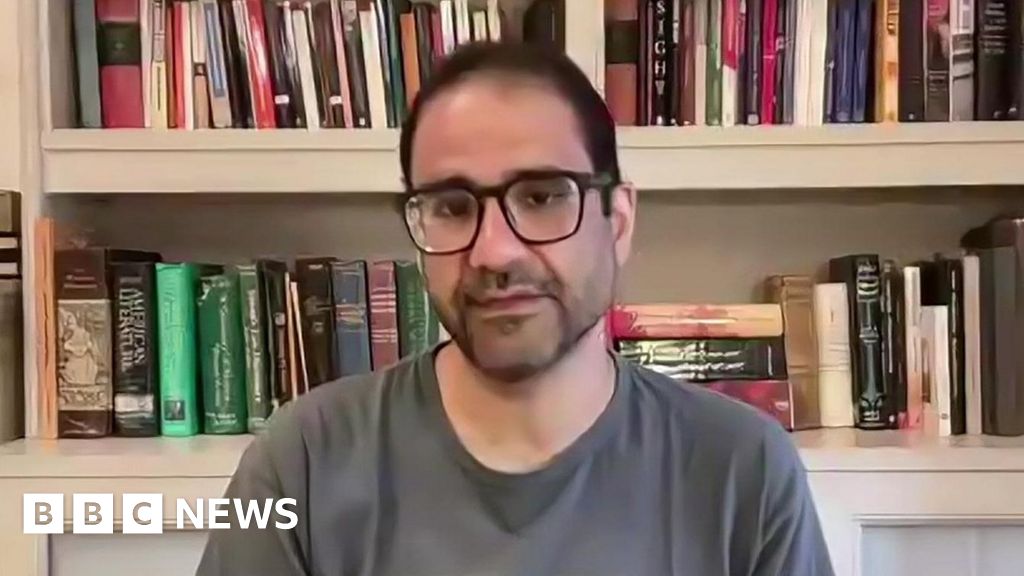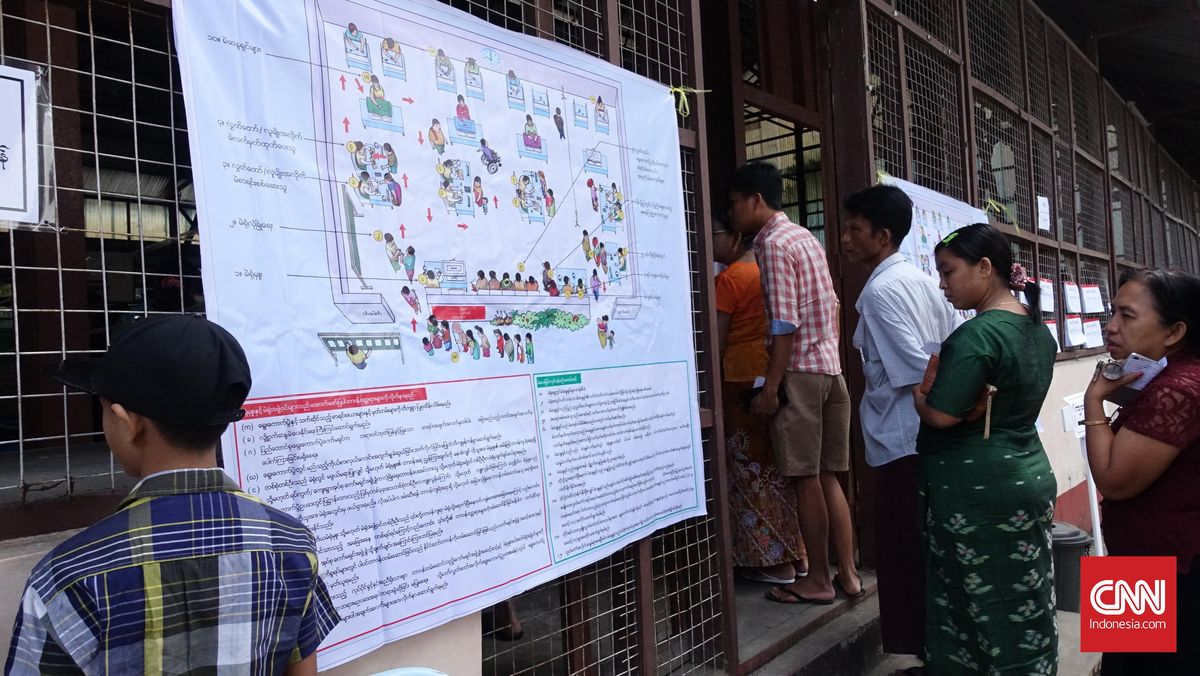By Emily Chantiri
August 31, 2025 — 12.01am
As the working week comes to an end, for many it signals a time to unwind and share a drink with work colleagues.
For estate lawyer Oliver Morrisey this was not the case; Morrisey dreaded the Friday night drinks and felt pressured to participate.

Younger groups are shifting away from drinking.Credit: Andrew Quilty
“Saying no was hard, and I did not want to disappoint some colleagues and feel that I am not one of them,” Morrisey said.
The way it was positioned caused a situation where everyone was supposed to get involved, and rejecting it was awkward, he said.
“Some of the time, I would tell myself that I would join in, just because I did not want to be the odd man out. However, as time went by, I realised, as a lawyer, that I had to prioritise my wellbeing, and be able to say no.”
Morrisey found when he went out after hours to drink, he felt exhausted; his body and mind unable to continue participating in drinks on a weekly basis.
‘Whether it is Friday knock-off drinks, a friend’s birthday, or a backyard barbecue, there is this unspoken expectation to join, and if you’re not drinking, people often want to know why.’
The change came when he realised that his job was important, and he had to be mentally alert and in good shape.
“Now I only join when I really feel like it, and when the energy allows me to have fun. I am no longer under pressure to push myself into circumstances that are not part of my priorities.”
The change in attitude has enabled him to retain his work focus as well as his personal wellbeing without the burden of social expectation.
Loading
A culture shift
Ange Chappel, founder and chief executive of Mind The Sip, said there was a definite shift away from drinking, particularly in younger groups.
The latest Australian Institute of Health and Welfare (AIHW) data shows monthly drinking among 18-to-24- year-olds dropped from 34 per cent in 2019 to 29 per cent in 2022 to 23.
Chappel said drinking was still a big part of how we socialise in Australia, and it was often the default.
“Whether it is Friday knock-off drinks, a friend’s birthday, or a backyard barbecue, there is this unspoken expectation to join, and if you’re not drinking, people often want to know why.
“You can feel like you need an excuse. That pressure is real, but more people are starting to question it, slowly, the social norms are beginning to shift.”

Health and wellness awareness are part of the shift towards drinking less alcohol.
Wellness and costs behind shift
Georgia Foster, creator of the 7 Days To Drink Less program, believes health and wellness awareness are behind the trend of drinking less.
“Alcohol used to be the fix to get that Friday night feeling. In some circles, it’s still on the radar, but only if you have the money to spend or your boss is paying for it.”
The other issue, aside from cost, is recreational drugs.
“These drugs are more in use now and can last longer than alcohol. They are often cheaper and don’t have the calories for weight-conscious individuals.”
Parental influence is another.
“Feedback from some of my older clients is that their kids are not big drinkers because they watched their parents drink heavily. They didn’t like what they saw. It put them off, so they either don’t drink at all or don’t drink often. It’s also expensive; for many it’s a special occasion.”
Loading
Australians want to drink less
An Australian poll released early this year revealed that 44 per cent of people who drink alcohol want to drink less or stop drinking altogether.
The main reasons were to improve their physical health (75 per cent), improve their mental health (50 per cent), with almost a quarter wanting to improve their sleep.
The survey was commissioned by the Foundation for Alcohol Research and Education (FARE), to coincide with the launch of a new online hub designed to support people who want to learn more about alcohol and its impact on our health and wellbeing.
FARE chief executive Caterina Giorgi said the hub was an important resource for people seeking factual information about alcohol and wanting to make a change, and provides people with a range of trusted tips, tools and resources to help.
“It shows there are many who are looking to cut back on drinking to improve their health and wellbeing.”
Tips to help
Be honest about your friendships or relationships with work associates, said Foster.
“If you’re drinking to belong or connect, then it’s time to re-evaluate where you’re at, and who you want to spend time with,” she said.
“Ultimately, if you need to go, you want to know that you can go out with people, drink, and excuse yourself when the drinking is too much.”
Otherwise, create social work activities that are not alcohol-related, such as walks for health or morning cafe meetings.
Get workplace news, advice and perspectives to help make your job work for you. Sign up for our weekly Thank God it’s Monday newsletter.
Most Viewed in Business
Loading


















































